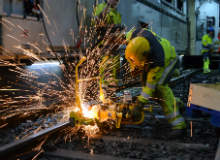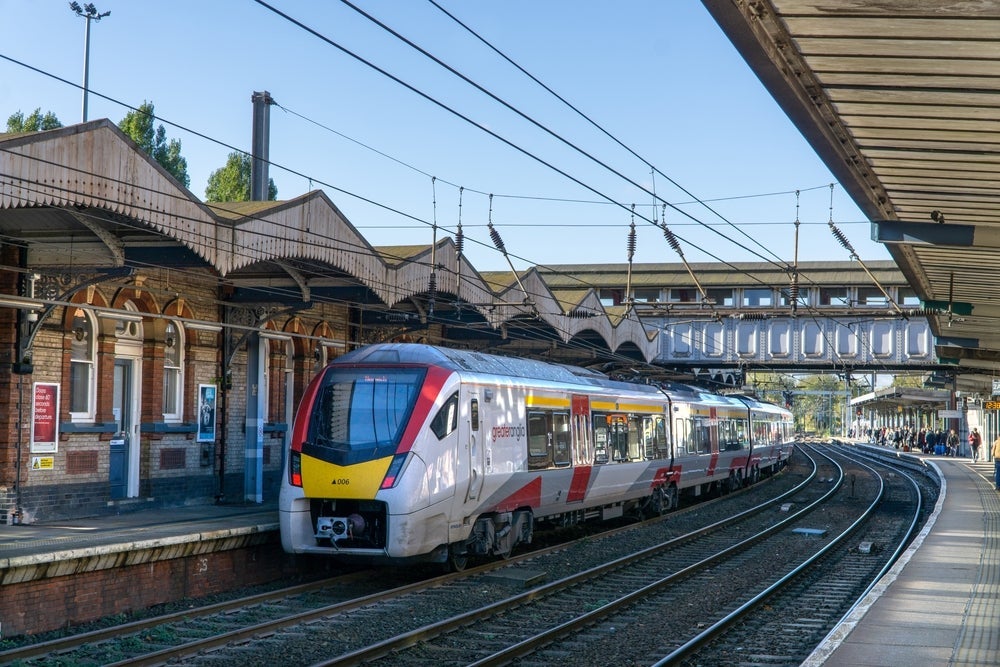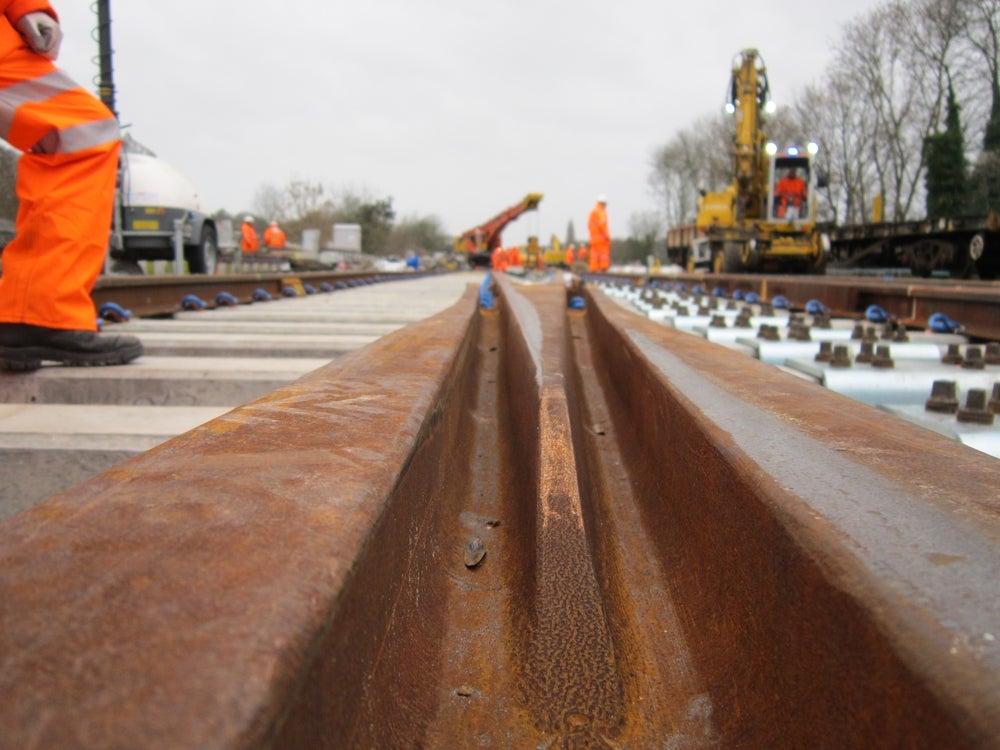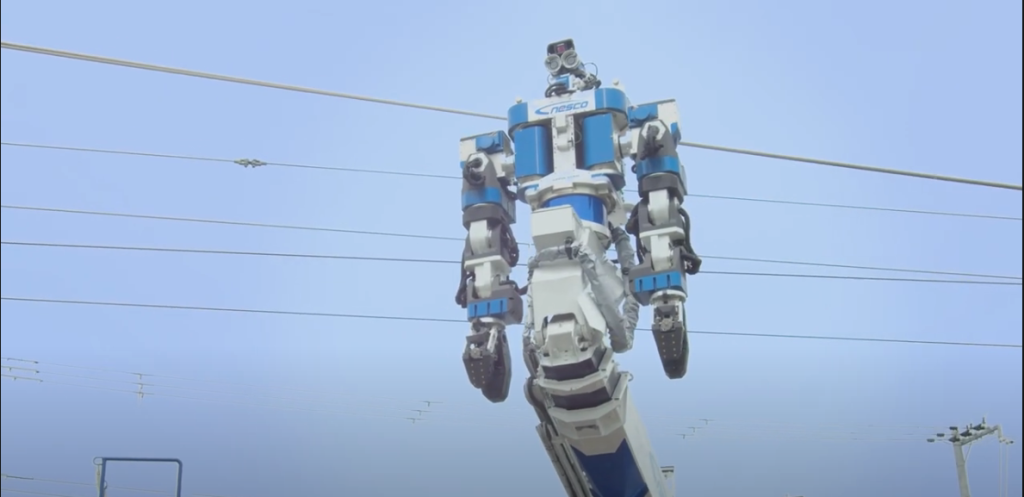
At the start of September, Network Rail announced the roll-out of eight forerunners of its upcoming fleet of mobile maintenance trains (MMTs), a brand new concept that promises to “revolutionise railway maintenance and repair work”.
More than two years after the project commenced in February 2013, the MMTs will finally be entering service, essentially delivering “workshops on wheels” across the country’s 20,000 miles of track. The trains aim to facilitate the movement of staff and heavy equipment while ensuring high standards of safety, comfort and efficiency.
According to MMT programme manager Craig Mathys, Network Rail estimates each train will save over £1m per year in maintenance costs.
By design, each train is a self-sufficient working environment. Capable of reaching up to 60mph thanks to its twin 500kw Deutz engines, each vehicle is comprised of a mobile maintenance unit (MMU), an intermediate car (IC) and a traction & supply unit (TSU).
Maximising safety with minimal disruptions
The MMU delivers some of the key benefits associated with the technology. Fitted with multiple hydraulic, electric and pneumatic supplies and two 2,5 tonne cranes for heavy lifting, the unit also brings a unique advantage to the workspace: the 16m x 3m working area is framed by extendable side walls, which can add an extra 1,2m of space when needed.
Apart from providing advantages such as easy and convenient access to the tracks, cover from elements and powerful floodlighting, the main benefit of the MMU lies in safety: by working inside the unit, engineers are protected from passing trains at all times, which in turn causes little disruption to the normal flow of both freight and passenger traffic.
How well do you really know your competitors?
Access the most comprehensive Company Profiles on the market, powered by GlobalData. Save hours of research. Gain competitive edge.

Thank you!
Your download email will arrive shortly
Not ready to buy yet? Download a free sample
We are confident about the unique quality of our Company Profiles. However, we want you to make the most beneficial decision for your business, so we offer a free sample that you can download by submitting the below form
By GlobalData“Many tasks on the railway can only be carried out when the railway is closed to traffic – but with passenger numbers growing and demand for freight increasing at record levels, the need to keep the railway open around the clock is greater than ever before,” said Network Rail’s maintenance director Neal Lawson.
“These new trains mean our frontline staff can complete a wide range of maintenance and repairs more quickly and efficiently, reducing the need for costly and disruptive closures of the tracks. They’ll also keep our people safe, warm and dry and better able to focus on getting the job done.”
The central part of the mobile train, the IC, provides the storage and loading area. Positioned within easy reach of the cranes, the IC also contains hydraulic lift gates on each side for further ease of access. A separate area for storage of scrap materials ensures that each leg of the railway can be completed within a single shift.
The TSU provides further comfort for its staff, including a welfare area with kitchen and toilet facilities and all the necessary tools engineers might need, as well as serving as an additional storage area.
Prototype results are key to future expansion
Overall, the MMTs are designed to offer protection and safety for the workers, while reducing exposure, manual handling, vehicle usage and the general disruption often caused by traditional improvement works.
The trains are manufactured by German railway construction and engineering firm Robel and will be operated and maintained by Colas Rail under a three-year deal.
A gradual rollout over the next twelve months will deliver the eight prototypes at various locations throughout the UK. After the first model was delivered in Darlington in September, a second one will be based at Paddock Wood in Kent starting this month, while the third one is set to arrive at Derby in December. The remaining five will be stationed at Woking, Retford, Romford, Peterborough and Horsham.
Corey White, an MMT supervisor based in Darlington, said: “These new trains will make a massive difference to my team. We can get on the train at the depot with all the kit we need for a job and head straight to site. My favourite feature is the all-round lighting, which means we get pretty much perfect working conditions whatever the weather or time of day.”
The potential for future expansion will be considered after the deployment of this first batch of trains, says Mathys. If the MMTs prove a success, their business case for further investment will be considered and soon enough, the yellow workshops might be a ubiquitous sight across UK’s railways.






